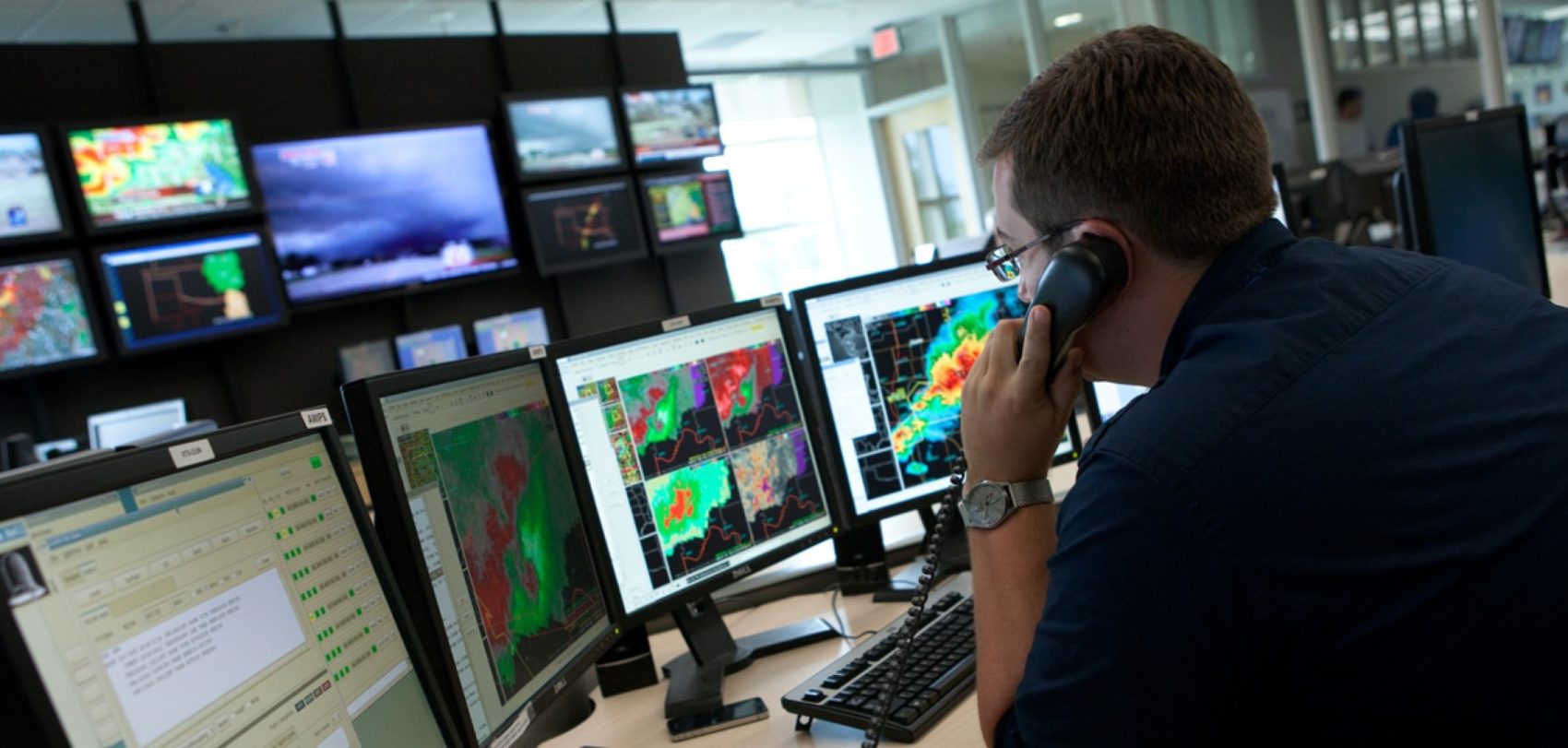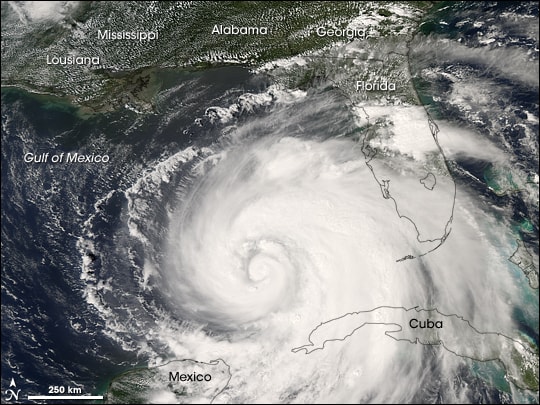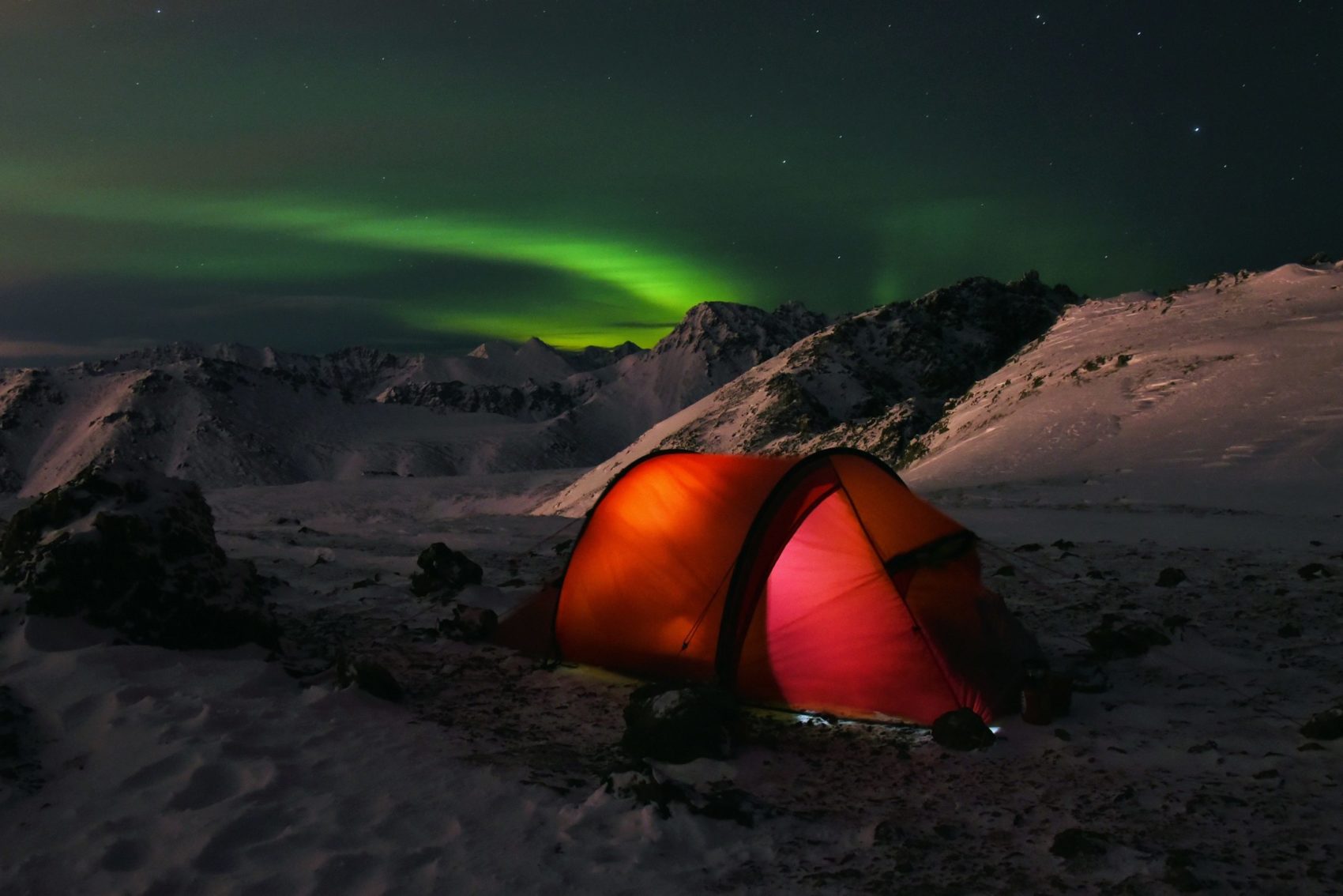
NOAA Forecasters want us to know 6 things about weather and climate to increase awareness of how it works and how to be prepared for it. But first of all, what is the difference between weather and climate?
“Whereas weather refers to short-term changes in the atmosphere, climate describes what the weather is like over a long period of time in a specific area. Climate is what you expect, weather is what you get.”
– NOAA, 2018
1. Every big weather event isn’t necessarily caused by climate change
Weather can be caused or increased by climate change, however, they are not the only factors involved in this work. If you separate a flower by its petals, pistil, and peduncle, it will remain a flower, the whole is more than the sums of the parts. Weather works the same way, events may remain the same, but climate change may affect one or more of the weather compositions.
2. Snowstorms are about more than how much snow is likely to fall
Our safety has to be present around the whole trip, not only when I am at the bottom of the mountain. Focusing on just how much snowfall we are getting overlooks a lot of important information that forecasters want us to know. We must understand the relevance of how fast the snow is falling, how strong the wind is, at the time of the day that is happening, and if snow squalls and blizzard conditions might develop.

3. Tornado “season” differs across parts of the country
There are a few places known for having all the ingredients for tornadoes with the most famous of them being the United States. The Great Plains and the southeastern US can develop tornadoes thought the whole year, not only occurring in the springtime as many would be expected. The atmosphere doesn’t pay attention to the seasonal calendar and it’s capable of producing tornadoes whenever it has the right conditions.
4. Hurricane wind speeds are not the only danger: Watch out for the water
Hurricanes are the most violent storms on Earth. People call these by other names, such as typhoons or cyclones, depending on where they occur. It is possible that we are worrying about the wrong factor of the problem, thinking that is the wind, whereas, in fact, it is the water. Water is the fuel of the hurricane and it’s responsible for almost 90% of hurricane-related fatalities, nearly half of these deaths victims are from storm surge and flooding due to heavy rainfall.

5. Aurora borealis: not just an otherwordly light show
The northern lights or Aurora borealis are one of nature’s greatest spectacles and is the product of a powerful solar storm. This occurs when specific charged particles from the sun collide with Earth’s magnetic field. These isolated particles from the solar wind are guided by the Earth’s magnetic field and are directed towards the poles. Forecasters at NOAA’s Space Weather Prediction Center are constantly on the lookout for solar storms and other types of space weather.
6. Flooding is a killer. Seriously
Floods are considered also one of the deadliest weather-related hazards. It can happen during heavy rains, when ocean waves come onshore, when the snow melts quickly, or when dams or levees break. Much of the severe flooding has occurred around the Mississippi River and in Texas, as well as along the Gulf Coast and Florida. However, this phenomenon is able to occur in all of the 50 states, so beware of it!
Weather and climate can be double-edged weapons, therefore it is important to keep informed of them. We can always check the NOAA forecast to keep us updated and thus be able to manage any plan without complications.
You can find the complete article at National Oceanic and Atmospheric Administration News & Features.